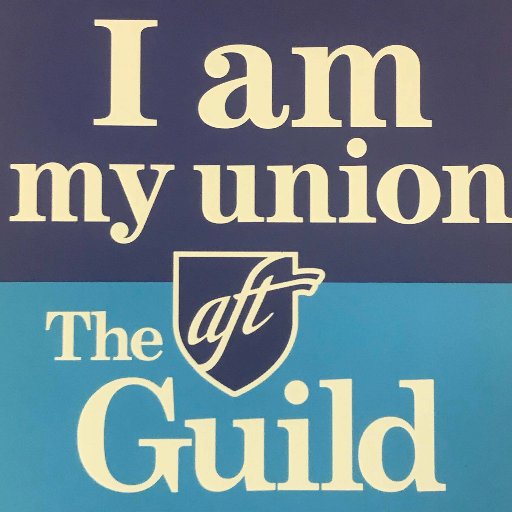January 22nd was what would have been the 50th anniversary of Roe v. Wade had the Supreme Court not recently overturned that landmark decision. Hence the anniversary was marked across the country by marches and rallies by both advocates for women’s reproductive rights and anti-abortion forces. In November of 2021, in response to Texas’s Senate Bill 8 which upended reproductive rights in that state, AFT 1931 unanimously passed a resolution in support of abortion rights entitled, “Resolution in Support of Reproduction Justice and Gender Equality.”
Importantly, now the national AFL-CIO also weighted in (insert link: https://aflcio.org/reproductive-rights) proclaiming that “reproductive rights are worker rights” and providing tools for unionists such as model contract language for collective bargaining agreements to protect access to abortion, talking points for addressing the issue with fellow workers, and a map of where abortion rights are or are not protected.
Underlining why the AFL-CIO would point to the linkage between abortion rights and workers’ rights, the Economic Policy Institute released a report on “The Economics of Abortion Bans” that emphasized the intersectional impact of regressive anti-abortion policy, noting that bans are connected to low wages, public underinvestment, and serve as tools to “disempower and control workers.” As they note in the introduction to the report:
The results of the analysis underscore that abortion restrictions and bans do have economic effects, given the strong correlation between abortion status and various economic wellbeing metrics. Further, the consistent pattern of state abortion bans and negative economic outcomes shows how abortion fits into an economics and politics of control. Abortion restrictions are planks in a policy regime of disempowerment and control over workers’ autonomy and livelihoods, just like deliberately low wage standards, underfunded social services, or restricted collective bargaining power. Economic policymakers must prioritize this issue as widespread abortion bans will contribute to a loss in economic security and independence for millions in the current and future generations.
More specifically, the EPI report goes on to document how the minimum wage in states with abortion restrictions and bans are around $8.17 an hour compared to $11.92 in states where rights are protected. Restrictive states also have unionization rates that are half as high as states without bans. In addition to this, states that limit women’s rights only have about 30% of their unemployed receiving insurance compared to 42% in states with full reproductive rights. They also have lower rates of Medicare expansion and 1.5 times more people incarcerated than states with access to abortion. Thus, the report argues that “abortion is an economic issue because of the intersections between the economy and other key systems and institutions that people seeking abortions encounter, including the medical and health care system, government social services and insurance programs, and the incarceration and criminal justice system.”
The systemic effect of these intersecting realities is profoundly repressive and has impacts that make abortion bans more than an isolated “women’s issue.” As the conclusion of the report underscores:
Abortion bans as an economic policy have not appeared in a vacuum, or even as a narrowly tailored religious concern, since Roe v. Wade was decided in 1972. Rather, denial of abortion access is one additional policy that states have engineered over decades in a sustained project of economic subjugation, control, and worker disempowerment. States that have banned and restricted abortion have largely also kept minimum wages low, underfunded and complicated their unemployment insurance systems, declined to expand Medicaid, suppressed unionization, and preferred to over-incarcerate. These policies, in conjunction, keep working people economically disempowered.
Thus, in the wake of the encouraging results of the midterms with regard to protecting abortion rights in some states and keeping a good number of reactionary politicians out of office, making the connection between reproductive rights and the economic well-being of working people would seem to be both the just thing to do and good politics. With the right going all-in on culture war nonsense, reminding people that their fundamental rights and pocketbooks are interconnected is an effective rejoinder.






0 Comments